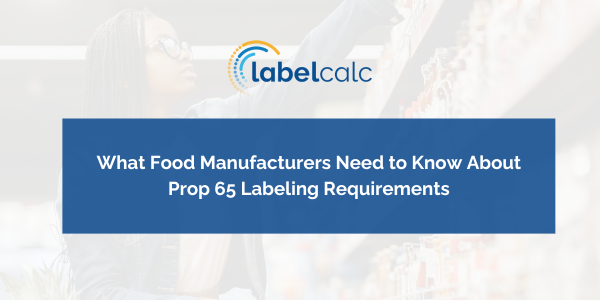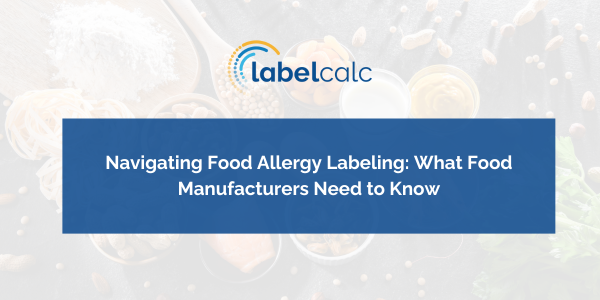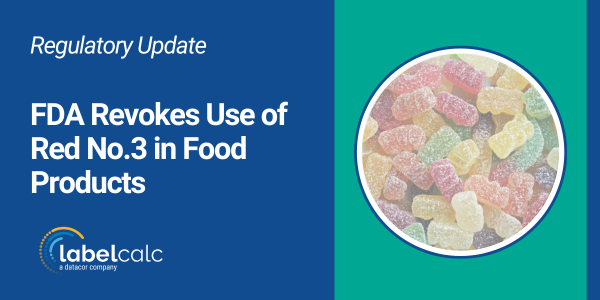If you're a food manufacturer selling products in the United States, especially in California, chances are you've heard of Proposition 65 (also known as the Safe Drinking Water and Toxic Enforcement Act of 1986). While it’s not regulated by the FDA, Prop 65 has become...





